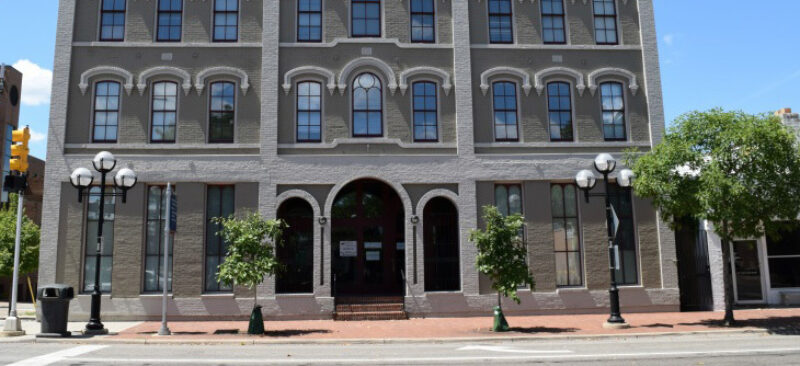February 03, 2021
By Matt Rudd & Kajal Patel, YC Co-Chairs 2020-2021
This fall, the Youth Council completed a Needs Assessment to identify the issues facing high school aged youth in Washtenaw County. The purpose of the survey was to gain data so that we are able to make informed decisions about how to distribute the funds we oversee. The 25 members of the Youth Council worked together with Carrie Hammerman, a consultant from NEW, to construct every aspect of the survey. We included questions about the concerns that impact youth the most, and what services and programs they would like to see more of. Additionally, we asked questions to identify the greatest barriers that prevent youth from participating in programs. The biggest difficulty that we faced when making the survey was how much we wanted to focus on COVID, since the survey is designed to give us funding priorities for the next 3-4 years. In the end, we decided to have a section of the survey that asked specifically about COVID but did not focus the rest on the pandemic. This allowed us to gain information about the issues that youth face as a result of COVID, as well as those they would face without it.
The Youth Council members were responsible for disseminating the survey around the community. For this part of the process, we had a few goals in mind including getting responses from all areas of the county, reducing language barriers for participation, and reaching people who are being served by the programs we seek to support ─ especially those without a stable living situation. In order to accomplish these objectives, the Youth Council worked hard to email staff from every high school in the county, including home schools, and spread the word on social media. We also emailed youth serving nonprofits in the county to get youth that they serve to fill out the survey and contacted news/media outlets. The survey was offered in Spanish and Arabic, the two most commonly spoken languages in Washtenaw County after English. The biggest challenge that we faced when doing outreach was figuring out how to encourage the people that we emailed to forward it to students. We were able to overcome this challenge and receive a large amount of responses by making sure that we stressed the importance of the survey and the impact that it would make on our ability to impact the community accurately.
We received 1,161 responses from 35 different schools. Out of these schools, we had the most responses from Ann Arbor, Chelsea, Dexter, Saline, and Ypsilanti/Ypsilanti Township. The survey responses were distributed fairly equally between the grades (9th-12th) and ages (14-17). Out of the students who responded, the number of high-school aged women was nearly double the number of high-school aged men. COVID-related restrictions have impacted more than ¾ of the respondent’s participation in after-school or weekend programs or services in their community.
When asked what the top five services or programs most needed by high school students in Washtenaw County, more than half of the respondents chose mental health services and academic support. Following behind was college preparedness, anti-racism programs, and LGBTQIA+ programs. Also, over half of the respondents strongly agreed they have felt more isolated from friends and classmates since March 2020. As we were analyzing the data we were conflicted with whether we should make the priorities broad or specific. We came to the conclusion that we should make our funding priorities broad with subcategories. Including these subcategories would allow nonprofits to address specific issues that youth face. Based on the results of the survey we noticed there was more of an emphasis on mental health which led us to address the most pressing mental health issues. Adding these subcategories allows us to address the needs of the community in a more precise way.
After reviewing the data collected from this survey, we identified the needs of high-school aged students were:
- Mental Health Initiatives (programs and projects that address depression, anxiety, suicide, self-harm, and body image)
- Academic Support Services (tutoring, mentoring, and other supports to address educational equity)
- College Preparedness (programs and projects that assist with college applications and preparing for a positive college experience)
- Anti-Discrimination Education & Awareness (programs and projects which focus on racism and LGBTQIA+ services)

